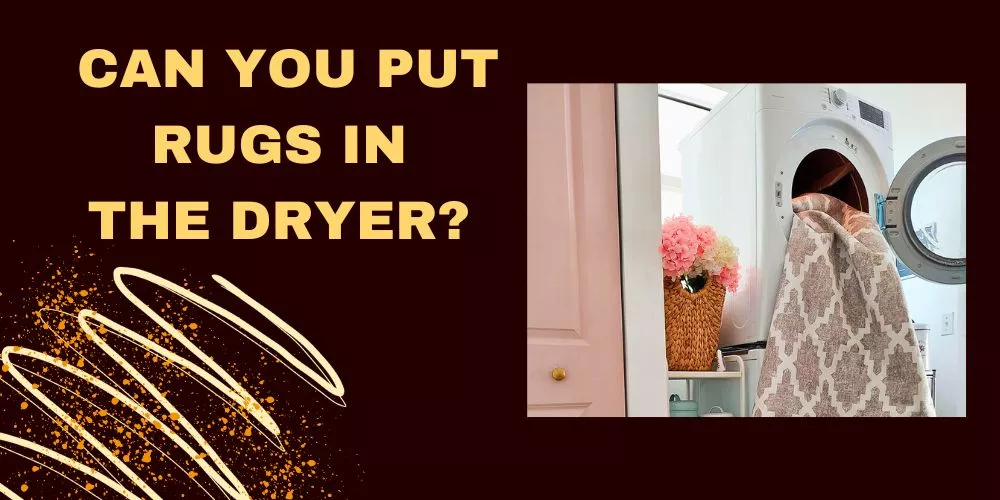Facing an ant invasion in your apartment? You are not alone. Many apartment dwellers have found themselves in a battle with these tiny, unwelcome guests.
The key to winning this battle lies in proven strategies of how to get rid of ants in apartment.
And we have detailed these tactics in this guide. Say goodbye to ants and welcome a cleaner, pest-free living space.

How To Get Rid Of Ants In Apartment?
Before you delve into defensive strategies, it’s critical to understand your opponent. It, indeed, might seem minor. Yet a grasp of ant behavior is vital in eradicating them.
Ants commonly found in apartments range from tiny black ants to large carpenter ants. They’re mainly attracted to sweet food items left unattended.
Furthermore, ants in an apartment indicate an easy food source. Or perhaps access to water. They exploit tiny cracks to waltz into our homes unknowingly. Uncovered food, sticky spots, and water leakage are equivalent to a red carpet rollout for them.
Preventative Measures
Prevention is better than cure. This saying is especially true for ant infestations. A few steps can significantly reduce the chance of an infestation.
First, maintain cleanliness. This action includes wiping down surfaces after meals, taking out trash promptly, and regular vacuuming.
Additionally, smart food storage is essential. Store sweet items and ripe fruits in sealed containers. Do the dishes immediately after use and don’t leave them overnight. Also, keep an eye on entry points like windowsills, floor cracks, and under the doors. Sealing these points with caulk can put a stop to ant appearances.
Natural Remedies to Get Rid of Ants
You can resort to many natural remedies if a slight infestation occurs. Vinegar is one such household item that can help. A solution made of equal parts water and vinegar is an effective spray. It erases the scent trails ants rely on, thereby confusing them.

Baking soda, too, is a useful tool. Mixing equal parts baking soda and powdered sugar can act as deadly bait. Ants are attracted to sugar and take the mixture back to their colony. They, unfortunately, cannot digest baking soda and eventually perish.
Citrus and essential oils also work the same way as vinegar. They disrupt ant trails and act as repellents. Properly manage the moisture in your home. This option involves fixing leaks and maintaining good ventilation. It aids in discouraging ants seeking water sources.
Chemical Solutions: When Nature Isn’t Enough
Some infestations require a stronger approach, which involves using chemical solutions. Ant baits and traps laced with pesticides are useful tools. These are safe for indoor use and are non-toxic to pets and kids.
However, their usage requires precautions. Always wash your hands after handling these pesticides. Keep them out of reach of kids. Remember, chemical solutions should be a last resort when natural remedies fail.
When to Call a Professional
Identifying a severe infestation early is key. Look out for large numbers of ants, especially carpenter ants. These ants can damage wooden structures in your apartment.
When it seems that the infestation is that severe, it’s time to call a professional. They have specialized tools and pesticides that work efficiently. But remember to ask about the safety and side effects of the treatment before proceeding.
Maintenance: Keeping Ants Out for Good
So, you’ve gotten rid of the ants and taken a sigh of relief. But remember, the key to keep your apartment ant-free is maintenance. Regular cleaning and caulk checks are crucial actions. Non-toxic repellents like citrus peels, cinnamon sticks, or vinegar can be kept near entry points. Their scent deters ants from entering.

Types of Ants Commonly Found in Apartments
Apartments can be unintended sanctuaries for various types of ants, each with its unique attributes and tendencies. The most commonly encountered ones include:
Pavement ants: These tiny brownish-black ants usually nest in pavement crevices outside but often find their way indoors in search of food.
Odorous house ants: So-named because of the unpleasant smell released when crushed, these ants are dark brown or black and attracted to sweet foods.
Carpenter ants: Notorious for damaging wood as they tunnel to create their nests, Carpenter ants are a significant concern for apartment dwellers.
Pharaoh ants: These small, yellow ants are a common indoor species. They can carry and spread many diseases, making them a health concern for tenants.
Sugar ants: Though not a specific species, the common name “sugar ant” is often used to refer to any ants drawn to sweet food in homes. They usually invade apartments in larger numbers, causing distress to the occupants.
Understanding these ant types can help in creating targeted strategies to remove and prevent these unwanted visitors.
Frequently Asked Questions (FAQs)
Can ants cause damage to my apartment or belongings?
Generally, ants are harmless, but some species like carpenter ants can damage wooden structures.
Are there any health risks associated with ants in my living space?
Ants don’t usually pose a health risk, but some people may be allergic to them. They can contaminate food too.
How can I prevent ants from coming back after treatment?
Regular cleaning, good food storage, and using natural repellents can keep ants at bay.
Natural vs. chemical treatments: What are the pros and cons?
Natural treatments are safe but might not be sufficient for heavy infestations. Chemical treatments are potent but require careful handling.
Conclusion:
Being vigilant about cleanliness and careful food storage can help stop invasions. Try natural remedies, and if they don’t help, shift to safe chemical solutions.
If everything fails, don’t hesitate to call a professional to save your apartment from potential harm. Remember, it’s possible to keep ants in check with consistent effort and perseverance.


